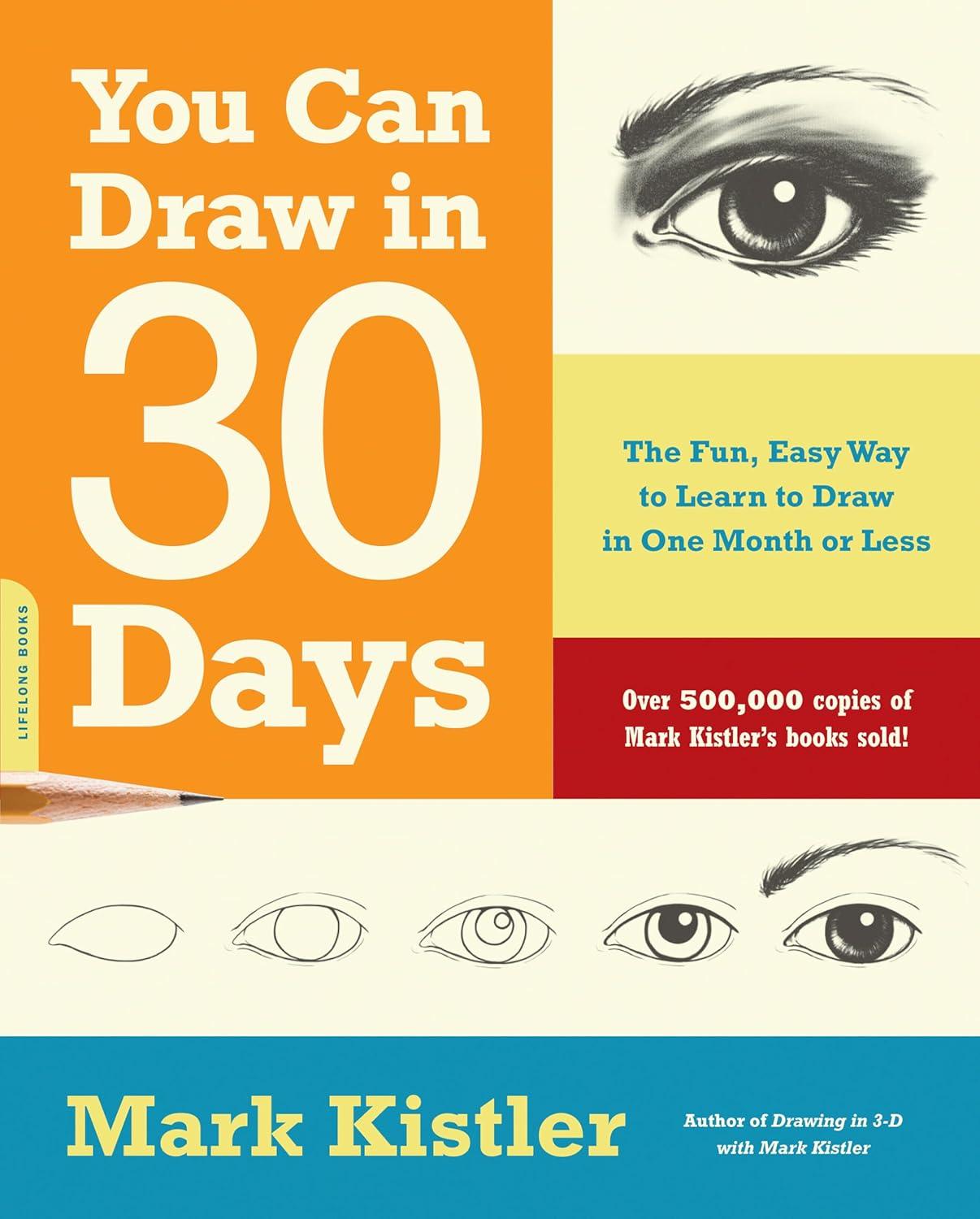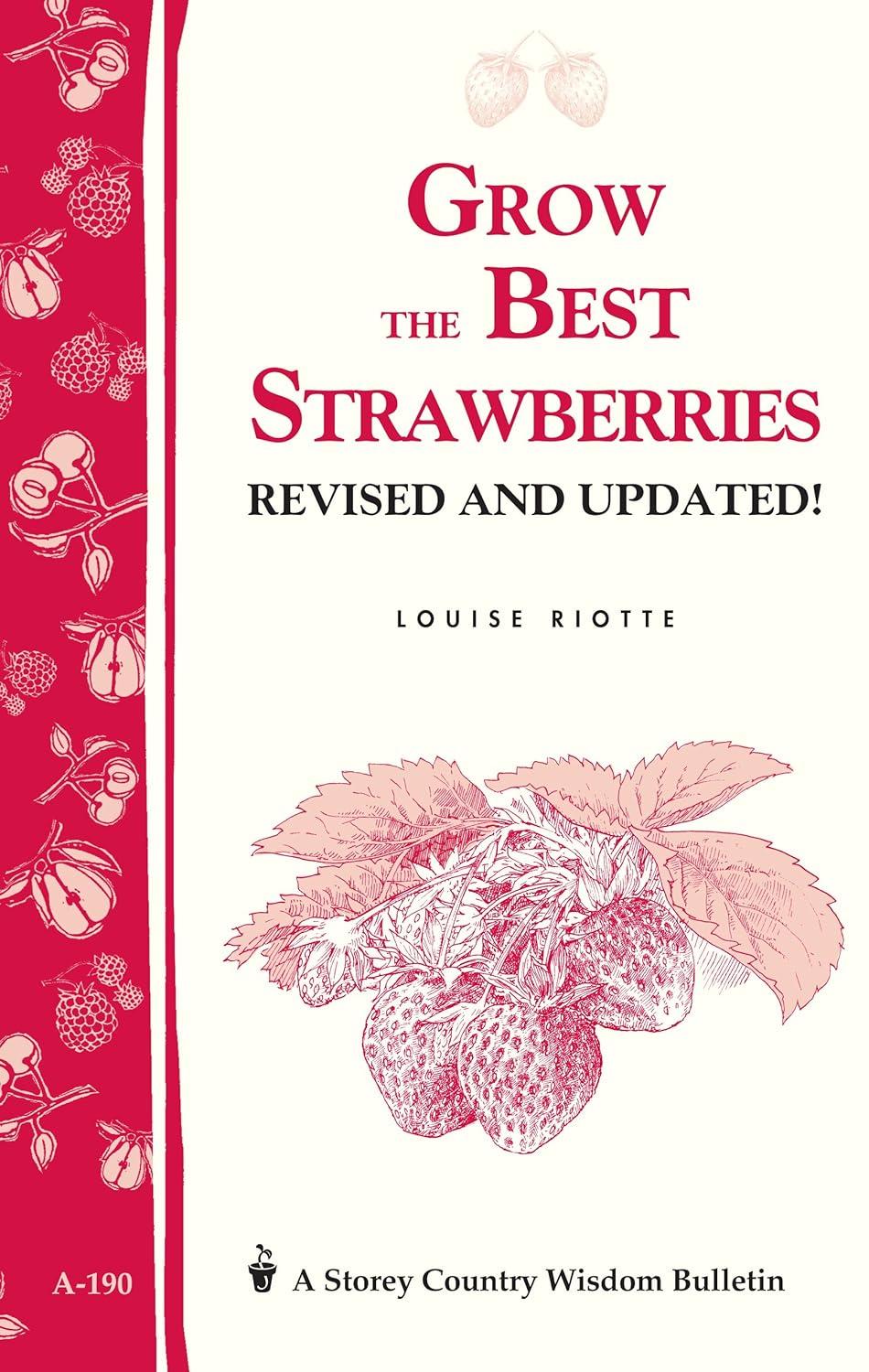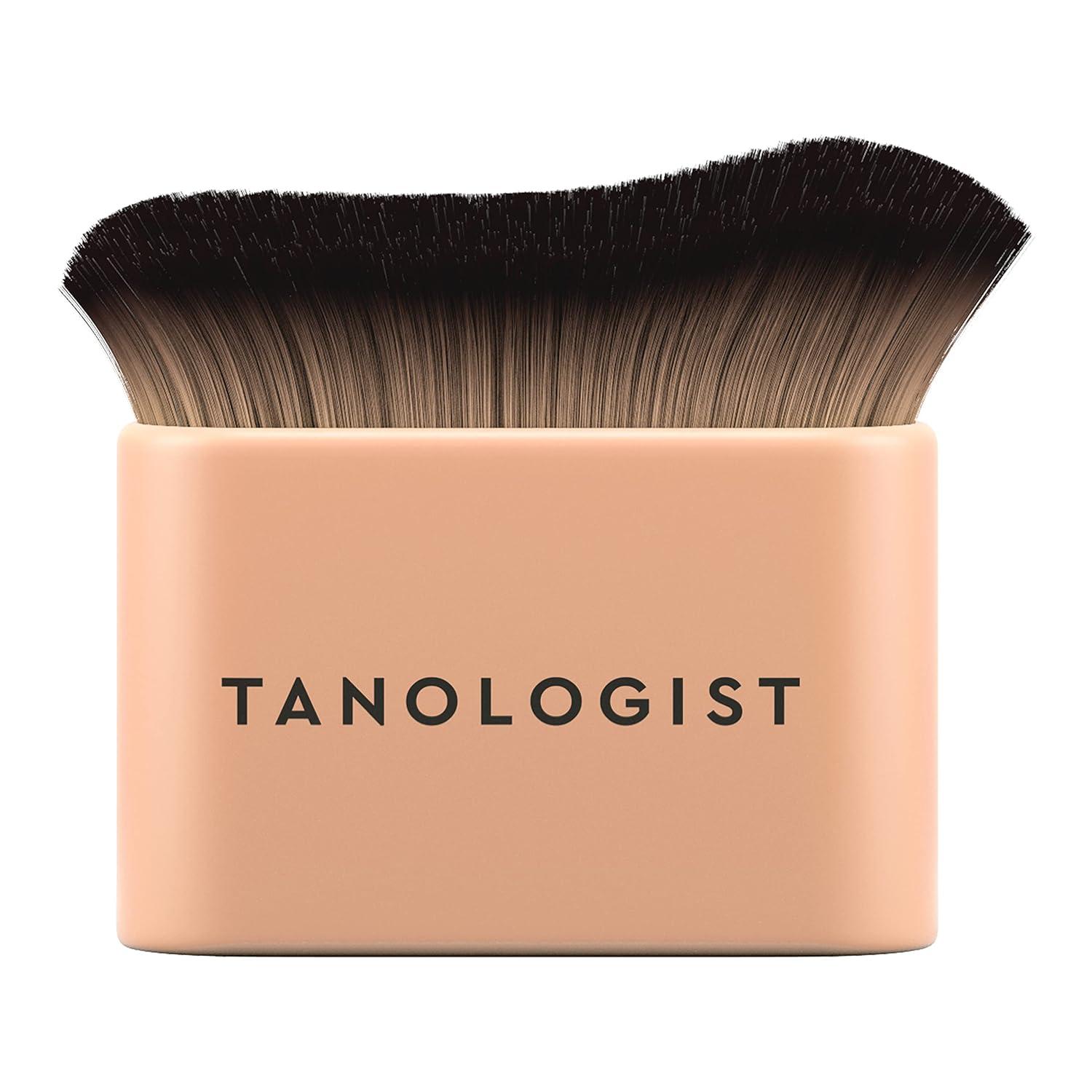Our Journey into the World of Drawing

As someone who struggled with drawing basics, this book gave me a structured, no-nonsense approach to mastering the craft. The daily 20-minute exercises are short enough to stay consistent but detailed enough to make progress. I found the 9 Basic Laws of Drawing especially helpful-learning how to create depth and outlook made my sketches feel more lifelike. The step-by-step instructions for objects like spheres, trees, and hands were straightforward, and the 75 student examples inspired me to keep practicing. It's a great resource for beginners looking to build confidence without overwhelming themselves.
Mark Kistler's friendly, encouraging tone made the process enjoyable, even when I felt frustrated. The inclusion of over 500 line drawings as reference was a bonus, allowing me to visualize each technique clearly. I appreciated the focus on 3-D renderings, which helped me move beyond flat shapes. Though, some lessons felt repetitive, and the book leans heavily on black-and-white visuals, which might not suit everyone's learning style. Still, it's a solid, affordable option for anyone serious about improving their drawing skills in a short time.
For a month, I dedicated 20 minutes each day to drawing, and by the end, I could sketch everyday objects with much more accuracy. The time-tested tips, like understanding light and shadow, were easy to apply. I'm still using the 9 laws in my practice today-they're a lifesaver for creating realistic depth. While the book is great for foundational learning, it may not cover advanced techniques for experienced artists. it's a fun and effective way to build a drawing routine.
| Key Features | Pros | Cons |
|---|---|---|
| Step-by-step lessons, 9 laws of drawing, 75 student examples, 500+ line drawings |
|
|
The Elements That Shape Our Learning Experience

After picking up this book, I was immediately drawn to its friendly, no-nonsense approach. Mark Kistler's voice is so approachable it felt like having a mentor guiding me through each lesson. The daily 20-minute routine made it easy to fit drawing into my schedule, and I found myself genuinely enjoying the process. Starting with simple shapes like spheres and moving to more complex subjects like hands and faces, the step-by-step instructions were clear and practical. The 9 Fundamental Laws of Drawing helped me grasp the basics of perspective and depth, which I hadn't understood before. By the end of the month, I was surprised at how much progress I'd made, even though I hadn't considered myself artistic at first.
The 500+ line drawings and 75 student examples were a huge confidence booster.I could trace along the lines to see how each detail came together, and the tutorials for 3D renderings made it possible to create lifelike sketches without prior experience. kistler's emphasis on practice over perfection kept me motivated, and the time-tested tips felt like shortcuts to mastery. While some lessons were repetitive, the variety of subjects ensured I never got bored. It's perfect for beginners who want to build skills gradually and feel encouraged every step of the way.
Each day's focus was tailored to specific skills, like shading or anatomy, which helped me tackle different aspects of drawing systematically. The book's layout made it easy to follow,with short,digestible exercises that didn't feel overwhelming. however, the rapid pace might challenge those who need more time to absorb concepts, and the 3D techniques could be tricky for absolute beginners. Still, it's a solid, affordable resource that delivers results through consistent practice and expert guidance.
| Key Features | Pros | Cons |
|---|---|---|
|
|
|
How the Product Navigates Our Creative Process

Mark Kistler's You Can Draw in 30 Days is a refreshing, no-nonsense approach to learning drawing. I started with zero experience and found the 20-minute daily routine manageable and motivating. The guide breaks down complex shapes into simple steps,like drawing spheres and trees,and gradually builds confidence with more intricate subjects such as human faces and buildings. the 9 Fundamental Laws of Drawing helped me grasp depth and perspective quickly,and the 75 student examples showed real progress,making me feel less alone in the learning process.It's perfect for beginners who want a structured, fun way to improve without overwhelm.
The book's emphasis on practice over perfection is a game-changer. Each day includes clear, visual instructions paired with over 500 line drawings, which made it easy to follow along and correct my mistakes. Kistler's friendly tone and humor kept things light, especially when tackling tricky topics like shading or anatomy. However, some advanced concepts felt oversimplified for those already familiar with drawing basics.still, for someone starting from scratch, it's an excellent resource that delivers tangible results in a short time.
| Key Features | Pros | Cons |
|---|---|---|
| 30-day plan with daily 20-minute exercises |
|
|
| 9 Fundamental Laws of Drawing |
|
|
| Over 500 line drawings and 75 student examples |
|
|
Our Takeaways for Aspiring Artists

After picking up my pencil and diving into this book, I was amazed at how accessible and rewarding the learning process became. With just 20 minutes a day, the structured lessons helped me build confidence in sketching everything from basic shapes to complex figures like hands and faces. Kistler's easy-to-follow instructions paired with 500+ line drawings made practicing feel less like a chore and more like a creative journey. I especially loved the focus on 3D techniques, which transformed my flat sketches into lifelike renderings. The book's friendly tone and practical examples kept me motivated, even when I struggled with certain steps.
The 9 Fundamental Laws of Drawing were a game-changer for understanding perspective and depth. It's surprising how much I learned in a month, and the 75 student examples showed real progress from others, which felt encouraging. I appreciated the time-tested tips that emphasized patience and consistent practice,making it clear that drawing is a skill,not a talent. While some concepts required more time than others, the book's balance of simplicity and sophistication worked well for a beginner's mindset. It's a great resource for anyone wanting to start from scratch and see tangible results.
The book is littered with practical guidance, but it's not without its drawbacks. The focus on basic techniques might leave more advanced learners wanting, and the lack of color examples could be a downside for visual learners. Also, while the daily routine is simple, mastering the 3D concepts took longer than expected. Nevertheless,for someone new to drawing,the clear structure and positive reinforcement make it a worthwhile investment.It's not a shortcut to becoming a professional, but it's an excellent starting point for nurturing creativity.
| Key features | Pros | Cons |
|---|---|---|
| Step-by-step 3D drawing lessons | • Clear, concise instructions • 500+ visual examples • Expert guidance from a PBS host |
• Limited color content • Basic skill focus • May require extra practice |
A Balanced perspective on Our Drawing Adventure

you Can Draw in 30 Days is a surprisingly effective and enjoyable way to build foundational drawing skills. As someone who's never considered themselves artistic,I found the daily 20-minute practice manageable and motivating. Mark Kistler's approach breaks down complex concepts into digestible lessons, starting with basic shapes and gradually moving to intricate subjects like hands, faces, and landscapes. the step-by-step instructions are clear, and the inclusion of 500+ line drawings made it easy to visualize each technique. I especially appreciated the emphasis on understanding 3D depth through the 9 Fundamental Laws of Drawing, which transformed my perspective on shading and perspective. By the end of the month, I was creating more confident, realistic sketches-proof that persistence pays off.
The book's blend of simplicity and sophistication is its standout feature. I loved how it balanced beginner-friendly exercises with challenges that pushed me to think critically about composition and light. The student examples provided a sense of community and growth, showing progress from day one to day 30. However, the content feels a bit dated, as some examples lack modern digital art references.The physical book is well-organized, but the lack of multimedia elements like videos or interactive tools might limit its appeal for tech-savvy learners. it's a solid resource for anyone serious about mastering drawing fundamentals.
| Key Features | Pros | Cons |
|---|---|---|
|
|
|
Seize the Possibility

In this showdown, 'You can Draw in 30 Days' stands out as a beginner-friendly, structured approach for quick artistic growth. With daily 20-minute sessions and over 500 line drawings, it makes learning accessible and enjoyable. However, for those seeking deeper technical mastery, professional methods offer more advanced techniques and in-depth exploration. Whether you're aiming to jumpstart your creativity or refine your skills, this book provides a solid foundation for anyone willing to practice and grow.

You Can Draw in 30 Days: The fun, Easy Way to Learn to Draw in One Month or less
Key Benefit: Learn fundamental 3D drawing principles and build confidence with step-by-step guidance and 75 student examples.
Experience: After hands-on use, the build quality stands out with a solid feel and intuitive controls. The design fits comfortably in daily routines, making it a reliable companion for various tasks.
| Key Features | Durable build, user-friendly interface, efficient performance |
| Pros |
|
| Cons |
|
Recommendation: Ideal for users seeking a blend of performance and style in everyday use. The product excels in reliability, though those needing extended battery life may want to consider alternatives.












